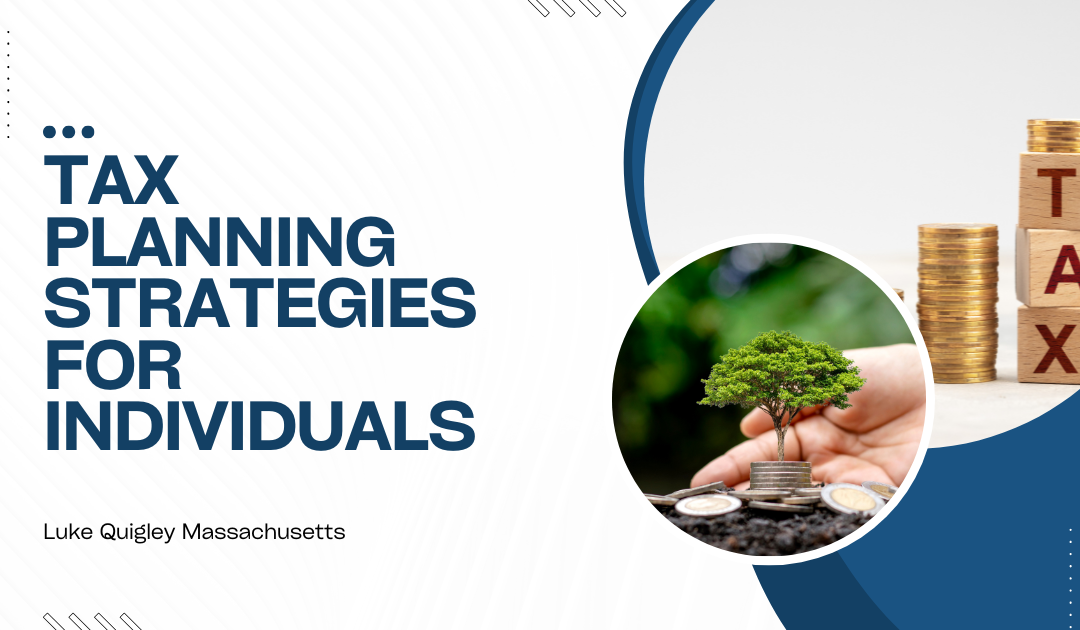Effective tax planning is essential for maximizing your income, protecting your assets, and staying compliant with the law. While many people only think about taxes during filing season, year-round tax planning offers a significant advantage. With the right strategies in place, you can reduce your tax burden and take full advantage of available deductions, credits, and incentives.
One of the most powerful tax-saving tools is contributing to retirement accounts. Traditional IRAs and 401(k) plans allow you to contribute pre-tax income, reducing your taxable income for the year. In 2025, individuals can contribute up to $7,000 to an IRA and $23,000 to a 401(k) if under age 50, with additional catch-up contributions allowed for those 50 and older. These contributions grow tax-deferred until withdrawal in retirement, often when you’re in a lower tax bracket.
Health Savings Accounts (HSAs) are another tax-advantaged tool, particularly if you have a high-deductible health plan. Contributions to HSAs are tax-deductible, grow tax-free, and can be withdrawn tax-free when used for qualified medical expenses. HSAs offer a rare triple tax benefit, making them an essential part of many individual tax plans.
Itemizing deductions instead of taking the standard deduction can lead to significant savings, especially if you have mortgage interest, state and local taxes, charitable donations, and medical expenses that exceed the standard deduction. Keep detailed records and receipts throughout the year to ensure you can support your itemized claims if needed.
Tax credits are more valuable than deductions because they reduce your tax liability dollar for dollar. Be sure to explore credits such as the Child Tax Credit, the Earned Income Tax Credit, and education credits like the American Opportunity Credit or the Lifetime Learning Credit. If you’re paying college tuition or supporting dependents, these credits can offer substantial relief.
Capital gains tax planning is another important area. Long-term capital gains—on assets held for more than a year—are taxed at lower rates than short-term gains. If you plan to sell investments, holding onto them for over a year can significantly reduce your tax bill. Additionally, tax-loss harvesting—selling losing investments to offset gains—can minimize your liability and rebalance your portfolio at the same time.
If you’re self-employed or earn freelance income, strategic tax planning becomes even more crucial. You can deduct legitimate business expenses such as office supplies, travel, software, and even a portion of your home if you qualify for the home office deduction. Setting up a SEP IRA or a Solo 401(k) allows you to reduce taxable income while saving for retirement.
Timing your income and expenses can also impact your tax situation. If you expect to be in a higher tax bracket next year, consider accelerating deductible expenses or deferring income to the following year. This tactic is especially useful for those with fluctuating income, such as freelancers or small business owners.
Charitable giving can not only support causes you care about but also lower your tax bill. Donations of cash, goods, or appreciated securities are generally tax-deductible if given to a qualified nonprofit. Donor-advised funds offer an efficient way to give, allowing you to contribute now and decide later how the funds are distributed to charities.
Maintaining accurate and organized records is essential to successful tax planning. Use software or spreadsheets to track income, expenses, receipts, and deductions throughout the year. Working with a certified tax professional can help identify missed opportunities and ensure compliance with IRS regulations, especially in more complex financial situations.
Tax laws change frequently, so staying informed is critical. IRS updates, new legislation, or life changes like marriage, a new child, or a home purchase can all affect your tax situation. Planning ahead ensures you’re not scrambling at the last minute or leaving money on the table.
In conclusion, proactive tax planning can save you thousands of dollars and reduce financial stress. Whether you’re an employee, freelancer, or retiree, there are strategies available to optimize your tax position. By staying informed, organized, and intentional with your financial decisions, you can keep more of what you earn and build a stronger financial future.

